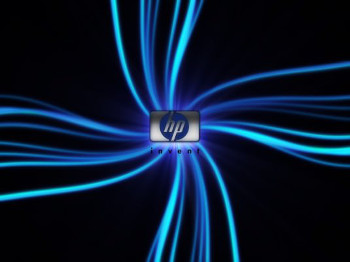Bob Tallent
The Synergy Group
January 2012

The US Consumer Product Safety Commission (CPSC) has claimed that HP sold lithium ion laptop batteries that it knew were dangerous. HP has paid $425,000 to resolve the allegations. As is often the case, the faulty batteries were prone to overheating, posing a fire hazard or possibly exploding. The units were sold with new HP laptops and as separate accessories or spare parts for various systems.
Between March and April 2007, HP carried out studies on its batteries but failed to act on any knowledge gained (the CPSC report is unclear about precisely what that knowledge was). By September 2007, the commission alleges that HP knew of 22 incidents linked to the batteries with at least two cases resulting in injuries to consumers – one of which sought medical attention.
The CPSC’s report says: “Federal law requires manufacturers, distributors, and retailers to report to CPSC immediately (within 24 hours) after obtaining information reasonably supporting the conclusion that a product contains a defect which could create a substantial product hazard, creates an unreasonable risk of serious injury or death, or fails to comply with any consumer product safety rule,”
HP delayed for a year, until July 2008, to notify the CPSC about its faulty batteries. Then the company was supposedly aware of at least 31 incidents. In October 2008, HP recalled 32,000 batteries for laptops spanning $700 to $3,000 as well as batteries sold individually for $100 to $160. By May 2011, the recall expanded to 90,000 affected units (list below).The notification and the resulting CPSC probe led to a product recall in October 2008. HP asked for 32,000 batteries to be sent back for replacement.
HP is the only one with such incidents. Apple, Dell, Sony and Lenovo all had battery recall programmes around that time.
Even though HP paid $425,000 to avoid being brought to court, it still denies the CPSC’s allegations and its use of the “knowingly”. HP says it didn’t violate the commission’s reporting requirements because it was unaware of any defective batteries and regardless, the batteries never posed “an unreasonable risk of serious injury or death”. Regarding the recall, HP said it acted “in accordance with the CPSC and in its customers’ best interests”.
One is forced to ask how introducing a potential fire hazard to your home and possibly causing an explosion is acting “in its customers’ best interests”.
Copyright © 2011, DPNLIVE – All Rights Reserved
















































